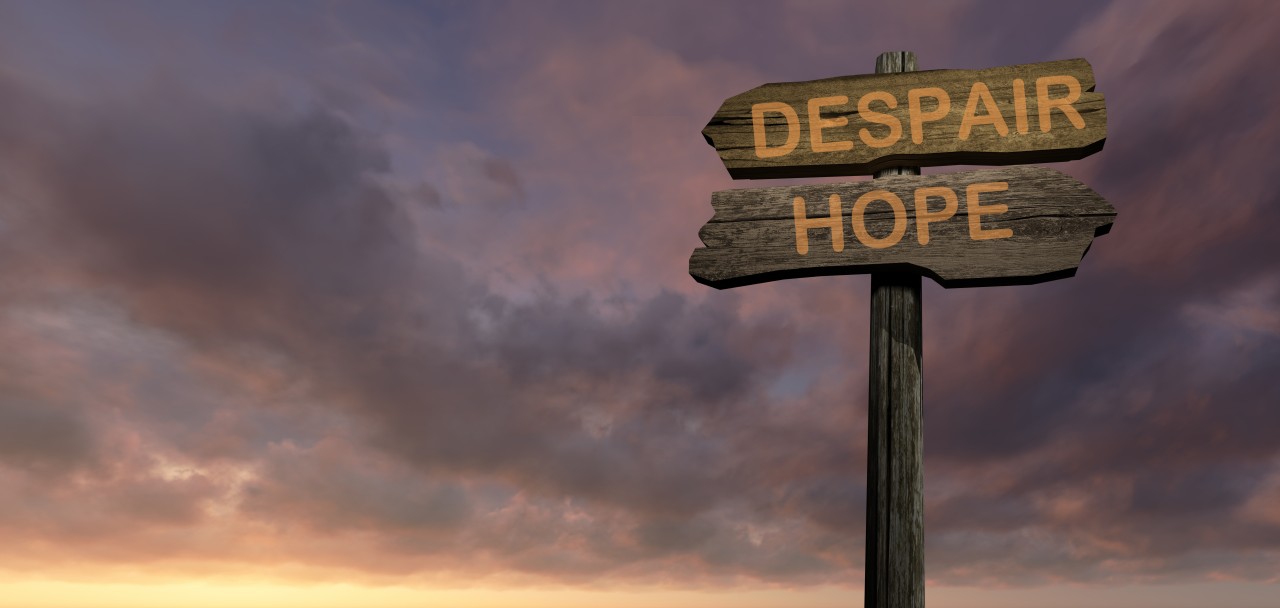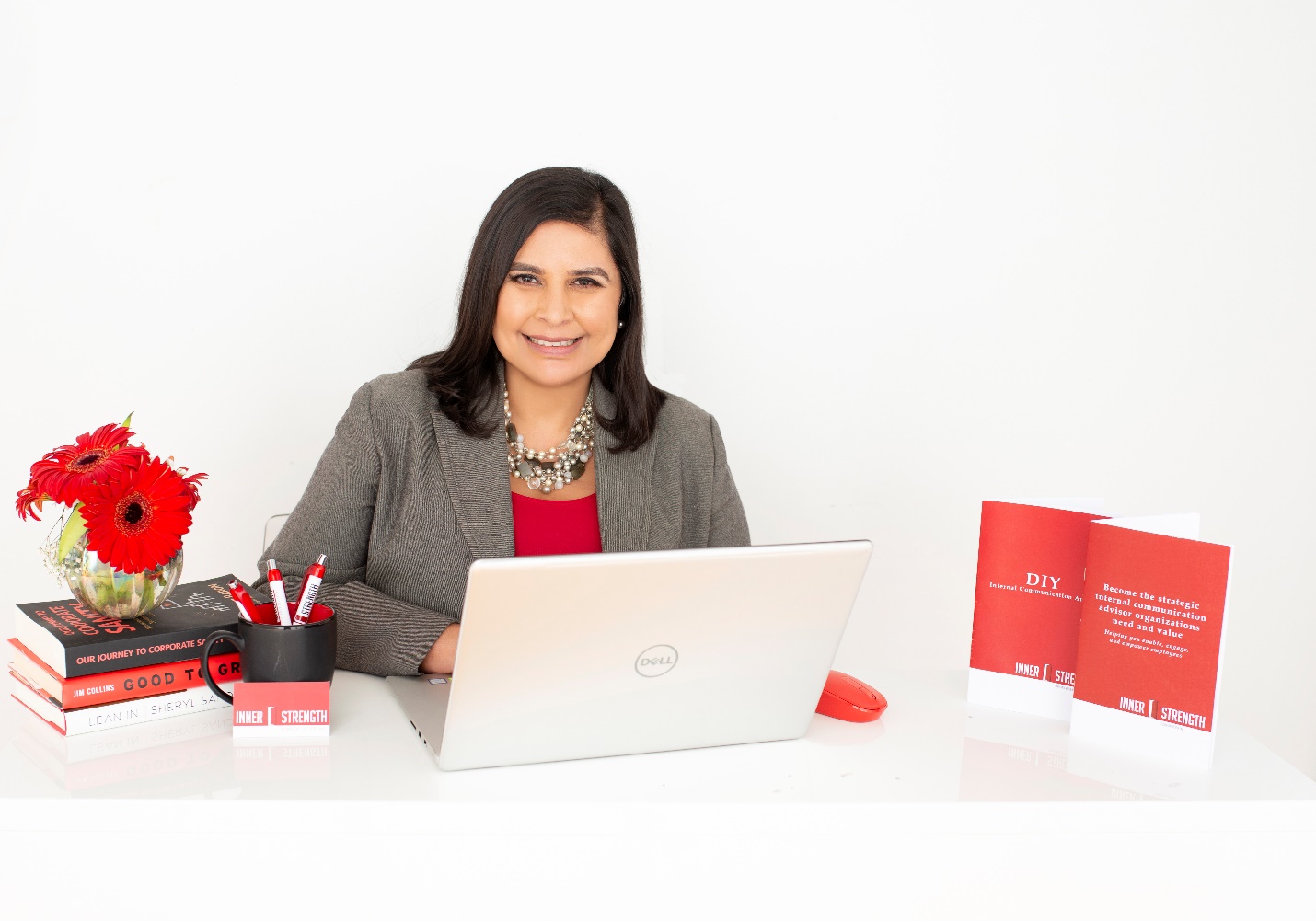I have to admit that it’s taken me some time to sit and write down what I am feeling right now, but it’s been a post that has been working its way out these past few weeks inspired by Advita Patel’s recent blog about stepping up and calling out. I will admit there has been a lot of PAIN as I have voraciously read, watched and listened.
PAIN felt FOR my black friends, colleagues and complete strangers who are finding support for their voices and taking their private conversations public in a way that I have never seen before. I am so proud of them all.
Pain felt WITH them. As a woman of colour , so many (not all) of their stories resonate in a personal way. As they tell their stories, I am reminded of moments that are completely relatable of feeling diminished, overlooked or tokenized in both professional and personal settings.
Pain felt BECAUSE of my own role in trying to assimilate versus advocate. Some may find this part surprising. Those who know me also know that I point out inequities often leading those I call out to try to minimize my voice as rebellious or attention-seeking. As the leader of the IABC Brand Taskforce, having created the association’s brand and values that include #diversecommunity and #globalprofession, I have held the organization to task privately and publicly on the lack of diversity at the board level, Fellows ranks, and programming. We’ve started to see changes as a result. I’m also one to point out the lack of diversity in the profession. That being said, as recently as earlier this year, I sat around a dinner table with neighbours listening as one went on about horrible black children at a fellow teacher’s school and didn’t say a thing. I realize that I can’t sit around that table with those neighbours (or anyone else) anymore if I don’t feel I can use my voice authentically to call out injustice and systemic bias.
The truth is I’ve learned to choose when to advocate and when to assimilate, perhaps recognizing when it would serve me well or when I felt it was safe to take a risk. I’ve also heard my black friends, one in particular, privately share his pain…and worried about his ‘anger’ thinking he had to learn to play the game in order to move forward. I was wrong. The whole situation is wrong and I am now angry too FOR him and WITH him.
This is hard. For those with whom I’ve pointed out inequities, think about your reactions when I did so. Did you hear and listen in order to understand, or did you immediately feel attacked and try to blame me for over-reacting or being unfair? Did you make the changes because you thought it was the right thing to do, or because you knew I was now watching and pointing things out publicly? My own privilege and platform have given me the opportunity to speak up with authority and I plan to use it more proactively to drive more change.
For those organizations and individuals navigating what to do in this crisis, here is something to think about: Platitudes and Promises are no longer enough, Start thinking about Processes and Practices that must change and Provide Proof of the commitment to diversity and inclusion.
For Communication Professionals, the time is now to manage the conversation versus the hollow campaigns that point to the values that often include respect and diversity but ignore the actions that speak louder. I can no longer unsee the inequities in leadership in our organizations, institutions and governments. I can no longer unhear the inappropriate comments around dinner tables, board tables, and in back rooms. I can no longer unfeel the unrest and uneasiness when I realize that our systems and sometimes ourselves perpetuate and support discrimination.
It’s scary saying (or writing) these things out loud. I wonder how colleagues and clients will feel? As a consultant, I’ve always been proud of my ability to build inner strength in the organizations and professionals I work with and I believe that being able to see through my eyes and those of my diverse colleagues is an advantage that you no longer can afford to ignore and will contribute directly to better business outcomes.
As a professional, I’ve always loved to push the boundaries and have the tough conversations. It’s where I believe I add the most value. I know that there are many tough conversations full of pain in my future, but I hope they lead to hope and progress for a future where everyone has the right to contribute authentically and truly belong.



